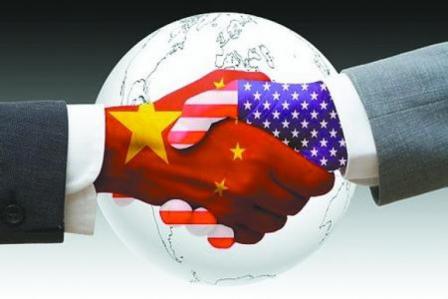Express view on US-China climate talks: Welcome thaw
The talks last week between US climate envoy John Kerry and Chinese officials did not yield any agreement. They ended with Chinese President Xi Jinping reasserting that China will reduce carbon emissions at its own pace. Yet, the fact that the two highest GHG emitters have gone back to the negotiating table is a development of note. The talks had been suspended after the Speaker of the US House of Representatives, Nancy Pelosi, visited Taiwan, over which China claims sovereignty, last year. The two sides have indicated that they would continue to hold talks over cutting coal and methane use — a big sticking point in Sino-American climate ties. They have much work to do if global warming has to be contained with the Paris Pact’s target of 1.5 degrees Celsius. China’s climate targets are, by all accounts, consistent with a 3 degrees Celsius uptick in global temperatures above pre-industrial levels. The US’s climate ambition would lead to a temperature increase of around 2 degrees Celsius.
US-China differences on climate predate the tensions over Pelosi’s visit. Beijing has traditionally taken the developing country approach that asks rich countries to own up to their historic responsibility for climate change. Things began to take a nasty turn during the Trump years with the then-US President unfairly villainising China for the climate crisis. As part of its trade war on China, the US imposed high tariffs on Chinese clean energy products. The change of guard at the White House hasn’t led to much change. China too has imposed strictures on technology exchanges with the US. A few days before Kerry’s visit, Beijing included gallium and germanium, used in solar cells — as well as in the manufacture of a variety of electronic items — within the purview of its Export Control Law. The strictures on these rare earth minerals, over which China has market dominance, are slated to come into effect next month.
While their climate diplomats resumed negotiations, large parts of the US and China have been hit by a record-breaking heat wave. Meteorological reports have indicated the breaching of the 1.5 degrees Celsius target this year — though temporarily. Big power rivalry is holding up meaningful progress in mitigating global warming. In the weeks and months leading to the COP-28 in Dubai, the end of this year, Beijing and Washington must make their climate engagement more meaningful.
